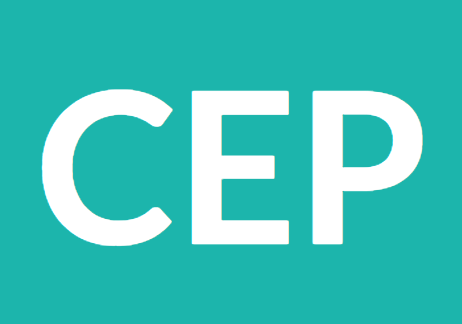Computing Education Practice

7th January 2025
One Day Conference
CEP 2025 is the ninth conference in computing education practice. CEP provides an opportunity to discuss with like-minded people the challenges and opportunities that face us, and how these are changing. As well as a platform for presenting, exploring and sharing ideas and new approaches there will also be opportunities for focused discussion on the topics raised.
Click here to see details of past conferences.
Who is it for?
CEP is aimed at practitioners and researchers in computing education, both within Computing departments and elsewhere. The conference provides a platform to share and discuss innovations and developments in the practice of computing education.
How will the conference run?
CEP aims to be a community, not a series of proceedings; everybody is encouraged to participate even if they are not presenting.
The conference will be held in person on Tuesday 7th January 2025 in Durham University’s Mathematical Sciences & Computer Science building. For more information, see the Programme page.